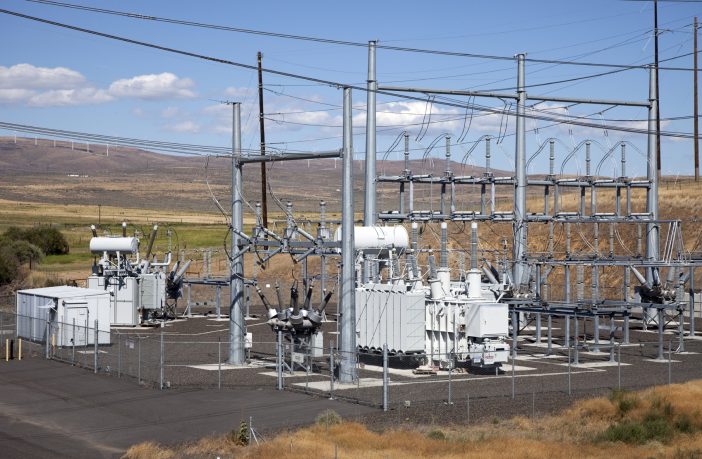- New Development Bank (NDB) or BRICS bank as it is commonly known and ESKOM Holdings SOC Limited (Eskom) have signed a Loan Agreement for Renewable Energy Integration and Transmission Augmentation Project.
- Under the Agreement, the NDB will provide a loan with sovereign guarantee to Eskom with an amount of USD 180 million for the development of grid connection infrastructure, which is vital for the development of renewable energy projects.
The Loan Agreement was signed by Mr. Xian Zhu, NDB Vice President and Chief Operations Officer (COO) and Mr. Calib Cassim, Chief Financial Officer (CFO) of Eskom during the 4th Annual Meeting of the New Development Bank in Cape Town, South Africa.
The New Development Bank’s Project Finance Facility (PFF) will be used to support the development of grid connection infrastructure, which is vital for the development of renewable energy projects. The PFF will also support renewable energy development and reduce the country’s reliance on fossil fuels.
The project will integrate a total of 670 MW of renewable energy into the Eskom’s grid. Modern grid connection infrastructure will be used for renewable energy projects and augmentation of the Eskom transmission network to the identified areas. The project will also help increase electricity supply to the targeted areas for sustainable development.
The project will enhance the country’s capacity for renewable energy while achieving sustainable growth. It also aligns with the Bank’s focus to support projects that aim at developing renewable energy sources.
Mr. Xian Zhu, COO of the NDB said, “We are happy to support this important project that will contribute to the development of grid connection infrastructure in South Africa and support the shift to a more sustainable energy path in the country. The project is coherent with the Bank’s focus on projects that incorporate sustainability from their inception. Moreover, we believe that supporting South Africa’s energy sector is fully in line with the Bank’s mandate and our role as a reliable development partner.”
Mr. Calib Cassim, CFO of Eskom said, “The successful conclusion of this inaugural transaction with NDB will significantly contribute towards driving Eskom’s goals to reduce South Africa’s CO2 emissions. Eskom welcomes the support from NDB and we look forward to fostering a valuable partnership with this organization whose mission is to enhance infrastructure for sustainable development in its member countries.”
About New Development Bank (BRICS Bank)
The NDB was established by Brazil, Russia, India, China and South Africa to mobilize resources for infrastructure and sustainable development projects in BRICS and other emerging economies and developing countries, complementing the existing efforts of multilateral and regional financial institutions for global growth and development. To fulfill its purpose, the NDB will support public or private projects through loans, guarantees, equity participation and other financial instruments. According to the NDB’s General Strategy, sustainable infrastructure development is at the core of the Bank’s operational strategy for 2017-2021. In August 2018, the Bank received AA+ long-term issuer credit ratings from S&P and Fitch.
Author: Bryan Groenendaal











